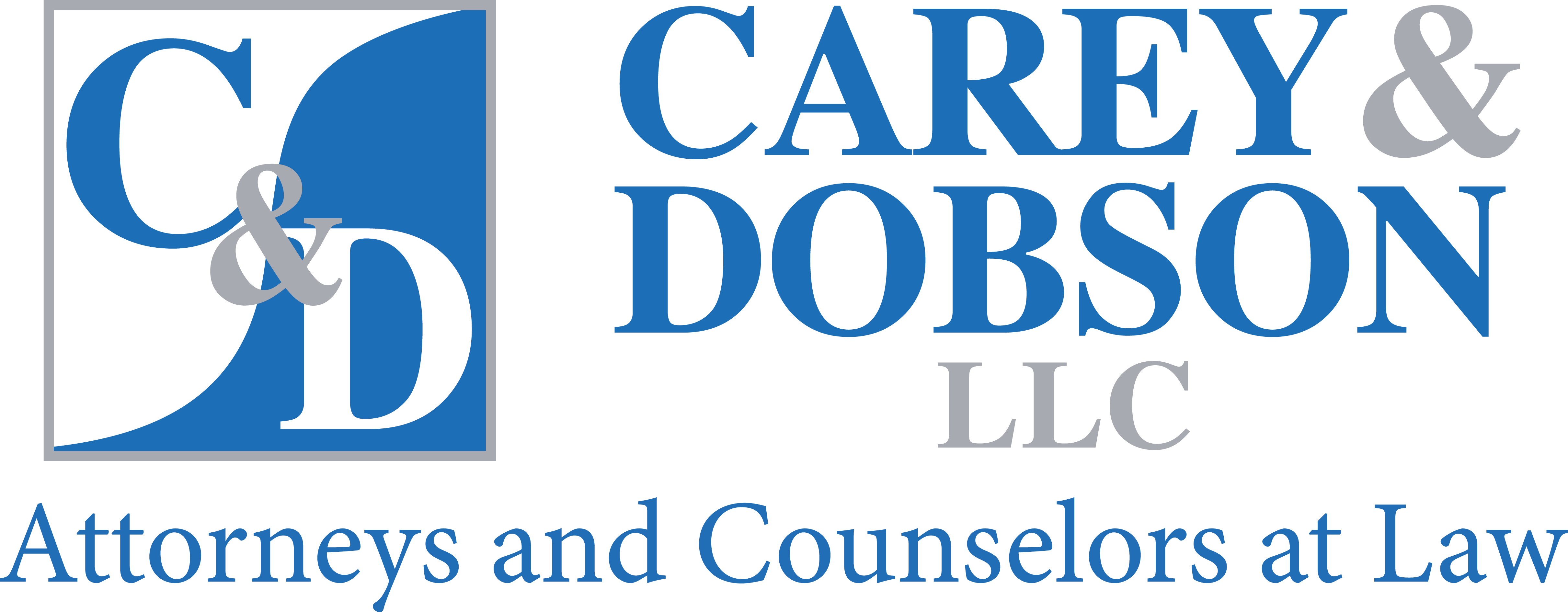- info@careydobson.com
- (404) 635-1112
At Carey & Dobson, we prioritize clear, consistent communication and personal attention to ensure you feel supported every step of the way. Our approachable and responsive attorneys are dedicated to understanding your unique situation and explaining legal concepts in a straightforward, comprehensible manner. We take the time to listen to your concerns and provide the guidance you need, making sure you are always informed and confident in your legal journey. Your peace of mind is our commitment.
Atlanta
- 531 Boulevard SE, Atlanta, Georgia 30312
- info@careydobson.com
- (404)635-1112
Copyright © 2024 Carey & Dobson LLC, All rights reserved.

